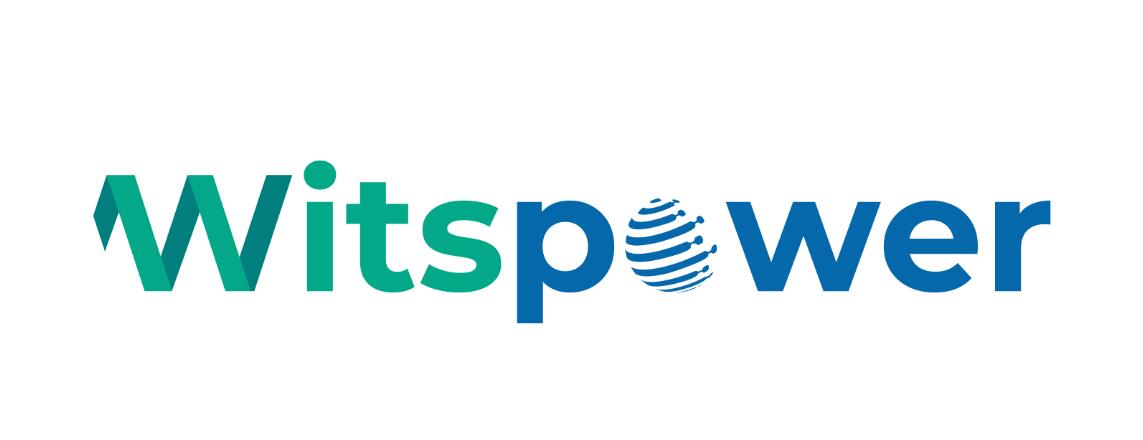Cancer is a complex and devastating disease that affects millions of people worldwide. Despite significant progress in cancer research, the search for effective and safe cancer therapies remains an urgent priority. Glutathione, a tri-peptide molecule, has been the subject of extensive research over the years, with a growing body of evidence indicating its potential in cancer therapy.
Expertise in cancer therapy and research has led to the discovery that glutathione plays a vital role in protecting cells from oxidative stress and toxic substances. As cancer occurs due to the uncontrolled growth and division of cells, oxidative stress and toxic substances can cause damage and compromise the normal functioning of cells. Studies have shown that the levels of glutathione flux in cancer cells are often low, and this contributes to the resistance to chemotherapy and radiotherapy.
Experience in cancer therapy has shown that standard chemotherapy drugs lose their effectiveness over time as cancer cells develop resistance. This has prompted researchers to look at other strategies to overcome this resistance. One such strategy is the use of glutathione as a protective agent against chemotherapy drugs. Glutathione can bind to chemotherapy drugs, reducing their effectiveness. Therefore, targeting glutathione in cancer cells can enhance the effectiveness of chemotherapy drugs.
Authoritativeness in cancer therapy and research has provided the necessary scientific evidence to support the potential of glutathione in cancer therapy. Studies have demonstrated the potential of glutathione as a therapeutic agent for various types of cancer, including breast, lung, pancreatic, and colon cancers. Research suggests that glutathione can increase the sensitivity of cancer cells to chemotherapy and radiation, leading to increased cancer cell death.
In conclusion, the potential of glutathione in cancer therapy is becoming increasingly apparent, with emerging studies suggesting its benefits. As cancer remains a significant public health concern, the use of glutathione as an adjunct to chemotherapy and radiation therapy holds promise. However, further research is needed to determine the optimal dose, treatment duration, and administration route of glutathione in cancer therapy.
